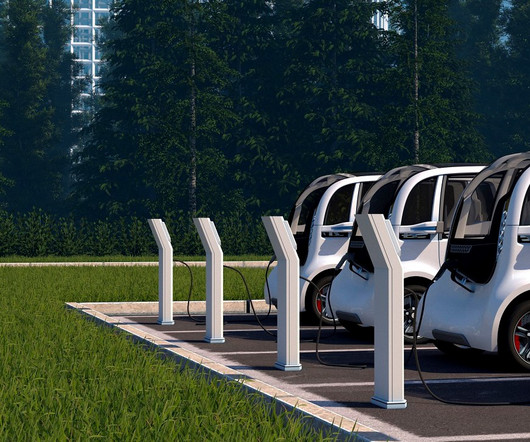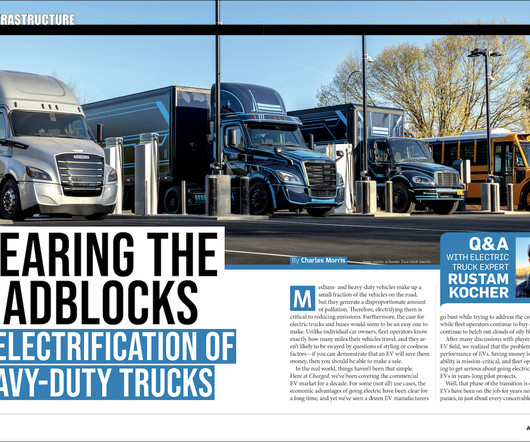NJ initiating process to adopt California Advanced Clean Cars II
Green Car Congress
FEBRUARY 16, 2023
New Jersey Governor Phil Murphy announced that the state will initiate the process to adopt Advanced Clean Cars II. The NJ Department of Environmental Protection (DEP) will begin considering the potential adoption of the Advanced Clean Cars II (ACC II) regulation implemented by the California Air Resources Board.





















Let's personalize your content